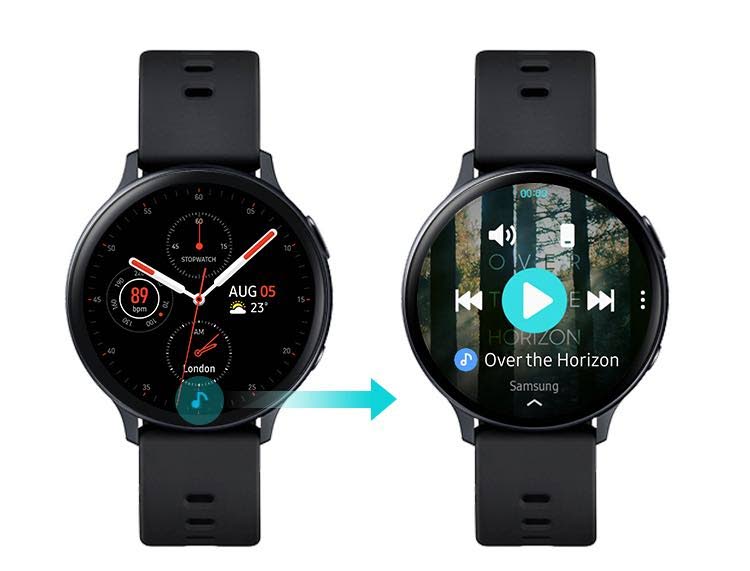Samsung OS switch for smartwatch line

At the Mobile World Congress (MWC) in Barcelona, Spain, Patrick Chomet, head of customer experience for Samsung, announced the company's plans to adopt Google's Wear OS for its new line-up of smartwatch devices. Older Samsung smartwatches will not get the software update, but will receive three years of software support from the company.
It's a big move for Samsung, returning to Android for the software underpinning its smartwatches, but it was inevitable.
Tizen, the software the company used to develop its smartwatch line, was a functional OS, but proved to be one operating system too many for developers to program for, while Google's Wear won a larger range of apps for smartwatch users. Tizen is a Linux-based operating system that's also used in the company's Smart TVs.
For its part, Google did not have a marquee smartwatch manufacturer using its Wear OS, and needed the clout in the market that Samsung's Galaxy brand brings.
Only the most casual of users are likely to purchase a Watch 3 when it's clear the heavily teased Watch 4 will be part of the product line in a much-foreshadowed upcoming Unpacked event mentioned repeatedly at the MWC Samsung event.
The move wasn't a secret. Last month at Google I/O, Sameer Samat, Google's VP of product management for Android and Wear, announced the Samsung collaboration on software for wearable devices.
Samat returned for Monday's event to tout the value of the collaboration, which, he noted, results in better performance, longer battery life and access to a thriving developer ecosystem.
The new Wear OS takes advantage of Samsung's work on Tizen and responds up to 30 per cent faster.
Any future Galaxy smartwatch will also have support for an eSim, which allows the twatch to function independently from a paired smartphone and access to Google's health platform.
Samsung noted its contribution of research work on device sensors to the new OS.
The new Samsung smartwatches will also have tighter integration with Android portables through Google's One UI, which allows apps that have a smartwatch component to download the Wear OS version of the software to Wear OS when it's installed on the smartphone.
Synchronisation was high on the agenda for the company's announcements, first with Google Wear, then with a deepening collaboration with Microsoft that allows synchronisation of notifications across all a user's devices, including Windows PCs, with more software integration for Microsoft Office on Samsung tablets and smartphones.
Noting that reports put 45 per cent of the workforce working from home under covid19 restrictions, up from 14 per cent before the pandemic, Samsung announced more improvements to its Knox security product, driven by the work the company has done with the public and private sector to deliver what it described as defence-grade security.
In Germany, Samsung collaborated with state agencies to work on that country's eID product.
Samsung has committed to regular support and security updates for most products for up to a maximum of three years for personal products and five years for enterprise devices.


Comments
"Samsung OS switch for smartwatch line"